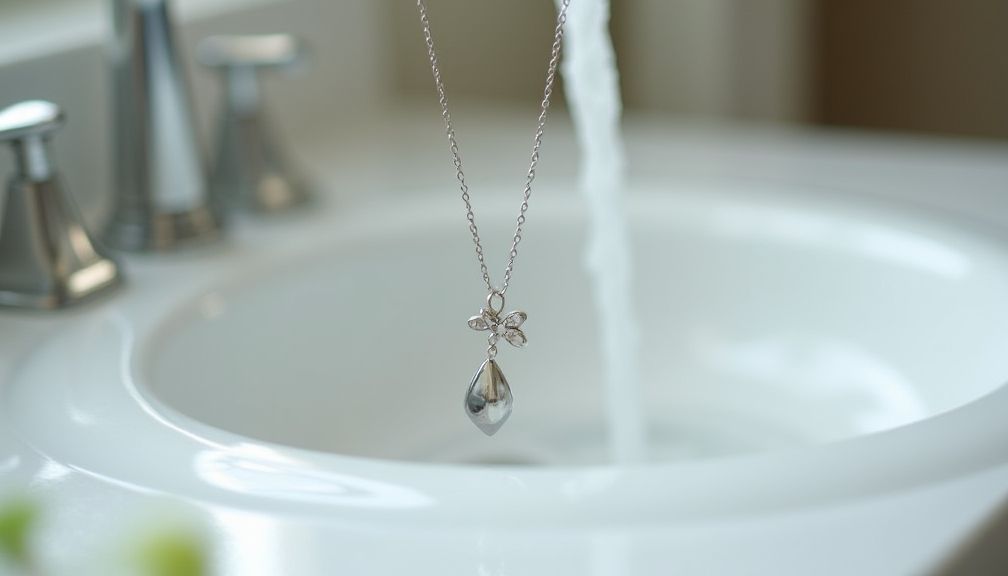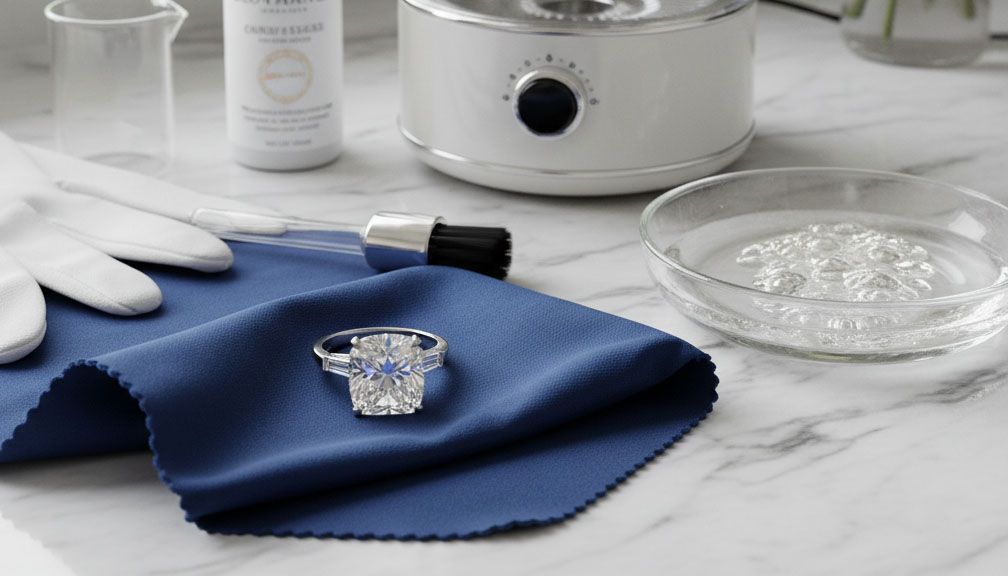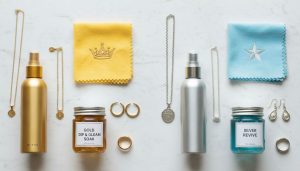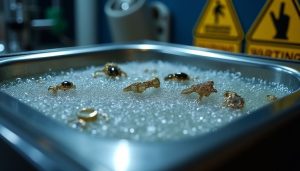Your jewelry is more than just an accessory; it’s often a reflection of your personality, your style, and sometimes even your memories. From sparkling rings to delicate bracelets, these items can carry deep sentimental value. However, many people overlook the potential damage that can occur when wearing jewelry in the shower. In this article, we will delve into the reasons why you should never shower with your jewelry on, explore the consequences and provide tips on how to care for your precious items.
Jewelry, especially fine pieces, can be delicate and require special attention. Many individuals are unaware that exposure to water and various shower products can lead to irreversible damage. Understanding the implications of showering with your jewelry is crucial for maintaining its beauty and longevity.
Effects of Water on Different Materials
Before discussing the harmful effects of showering with jewelry, it’s essential to understand the various materials that jewelry is made from. Different materials react differently to water, soap, and warmth.
For instance, gold and silver are generally safe in terms of color; however, certain cleaning products can tarnish these metals over time. Meanwhile, gemstones can become dull or lose their luster with exposure to moisture. Knowing your jewelry can help you make informed decisions about when to wear it.

Soap and Shampoo: Hidden Dangers
Many shower products, while designed to clean, can actually harm your jewelry. Shampoo, conditioner, and body wash contain various chemicals and fragrances that can build up on metals and stones. An accumulation of these substances can dim the shine of your favorite pieces.
Furthermore, soap residue can cause dullness in gemstones like diamonds and sapphires. These stones are meant to sparkle, and a clear film of soap can cloud their brilliance. Regular exposure to shower products can also create a layer of grime and make cleaning your jewelry much more difficult.
Heat and Humidity: A Recipe for Disaster
Showers produce steam, which elevates humidity levels. High humidity can weaken the integrity of jewelry, especially when made from materials such as silver, which is prone to tarnishing. Gold is not immune, either; high moisture can lead to corrosion of any solder used in the piece.
Additionally, heat can exacerbate potential problems. For example, certain adhesives used in costume jewelry can break down when subjected to extreme temperatures, which can lead to gemstones becoming loose and, in worst-case scenarios, falling out.
Chlorine and Saltwater: The Silent Killers
If you think showering is harmless, consider what happens when you swim. Chlorine is a common chemical found in pools, and it is notorious for damaging jewelry. Even during a quick rinse-off, if you have chlorine on your skin or in your hair from the pool, it can cause discoloration or damage to lighter metals.
Further Reading:
Similarly, saltwater can also be detrimental to your jewelry. While a beach trip may seem like a fun escape, the sea’s salt and sand can exacerbate wear and tear. These elements can scratch and damage settings, leading to expensive repairs down the line.
Practical Tips for Jewelry Care
To avoid these common pitfalls, here are some practical tips for caring for your jewelry:
- Remove Before Showering: This is the simplest and most effective rule. Always take off your jewelry before stepping into the shower. Choose a dedicated place to store it, such as a jewelry box or dish.
- Clean After Use: If you inadvertently wear jewelry in the shower, make sure to clean it afterward. Use a soft, lint-free cloth to wipe down your pieces and remove any soap or water residue.
- Regular Inspections: Routinely check your jewelry for signs of wear. Look for loose stones and tarnishing. Catching these issues early can save you money in repairs.
- Professional Cleaning: Schedule professional cleanings for your fine jewelry. A jeweler can safely deep clean and inspect your pieces for any potential issues.
Revisiting Sentimental Value
Jewelry often has more than just material value; it can have sentimental significance. Whether it’s a family heirloom or a gift from a loved one, taking proper care of your jewelry can preserve those emotions tied to it. By showering with jewelry on, you risk losing not only the physical beauty of the piece but the memories attached to it.

The Cost of Neglect
Neglecting your jewelry by showering with it can lead to costly repairs. Regular cleaning may not be enough to restore a piece that has sustained long-term damage. For example, cracks or chips on gemstones can mean you must replace rather than restore. The cost of repairs can quickly add up, resulting in losing a beloved piece or spending a fortune to fix it.
Financially, investing in jewelry maintenance is wise. Jewelry is more than just adornment; it can be an investment. Protecting that investment means avoiding practices that could devalue it over time.
Conclusion: Preserve the Beauty of Your Jewelry
Taking the time to remove your jewelry before showering can save you from a host of problems, from tarnishing and damage to losing precious stones. By understanding the materials, potential harmful agents, and caring practices, you can extend the lifespan of your jewelry and maintain its sparkle and shine.
In summary, while showering with your jewelry on may seem convenient, the risks far outweigh any perceived benefits. Make a habit of removing your jewelry to ensure it remains a cherished part of your life for many years to come.








